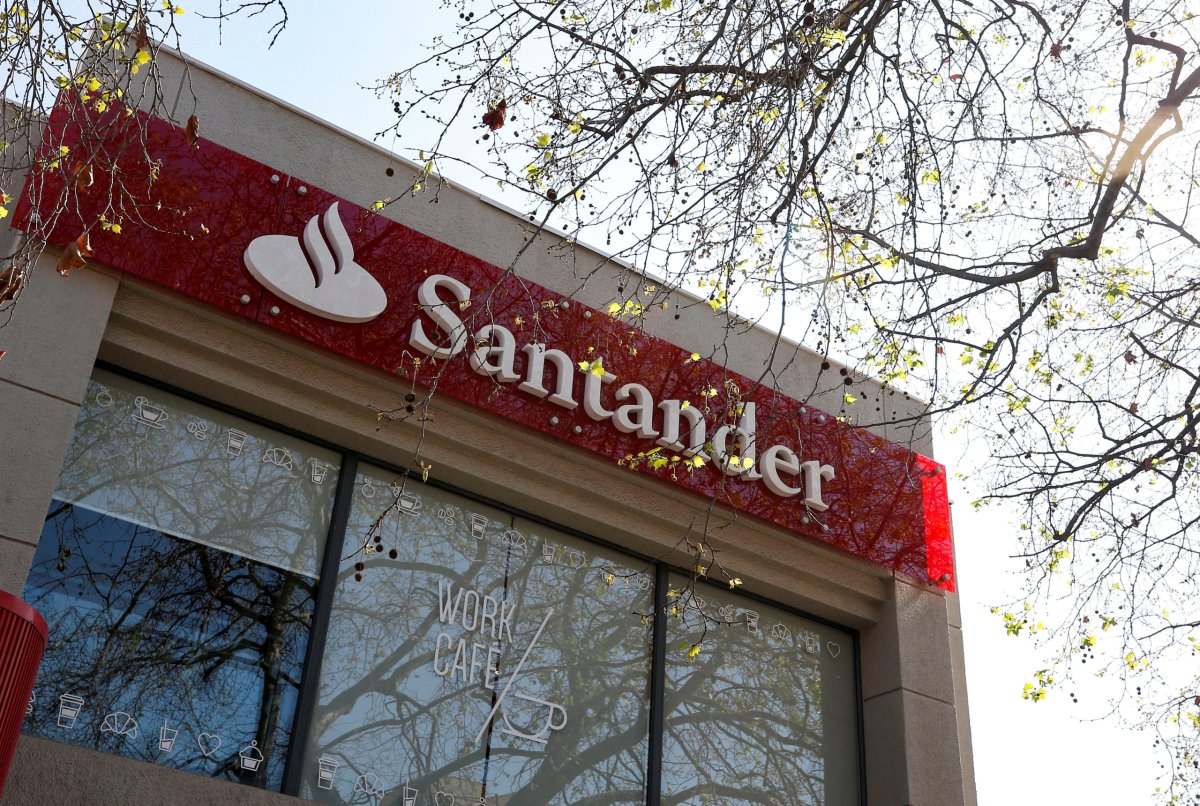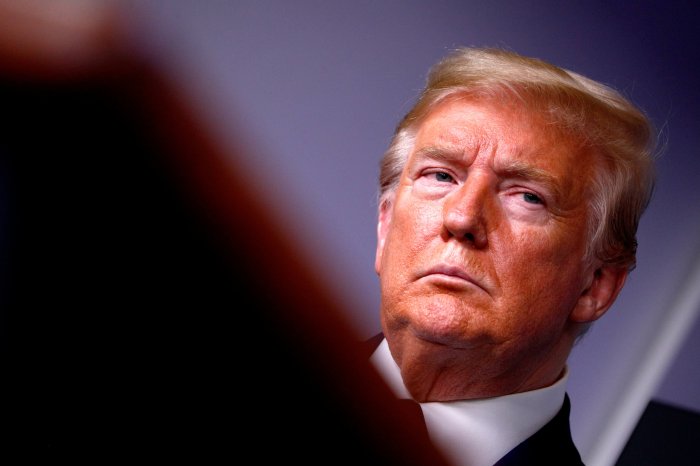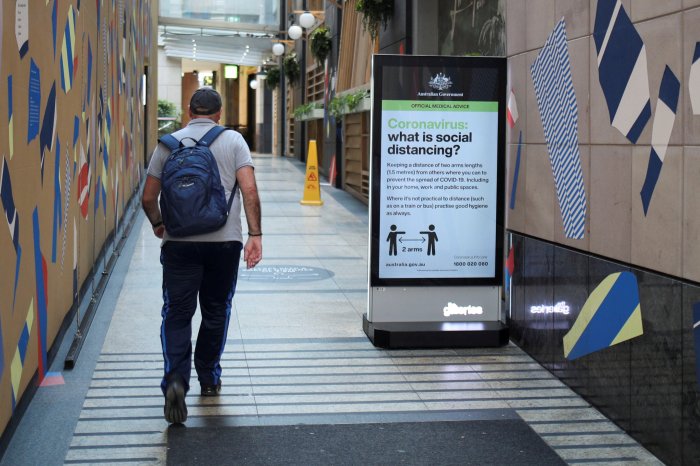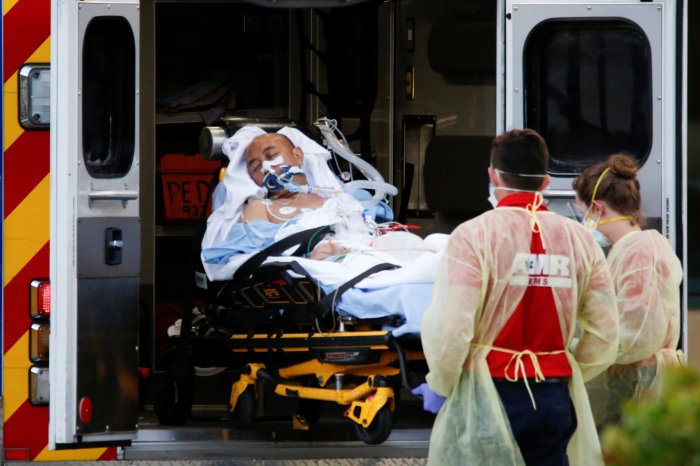MADRID (Reuters) – Santander <SAN.MC> has boosted its lending capacity to 90 billion euros ($97.3 billion) to support households in the fight against the coronavirus outbreak after cancelling its final 2019 dividend and its remuneration policy for 2020, chairman Ana Botin told investors on Friday.
The European Central Bank had already told lenders to skip dividend payments and share buy backs until October at the earliest and use profits to support an economy hamstrung by restrictions on movement implemented to stop the spread of the virus.
“Today more than ever it is imperative to follow the supervisor’s recommendation,” Botin told investors at a remotely held annual shareholders’ meeting.
The lender said on Thursday it would cancel the final 0.13 euros per share dividend against its 2019 earnings to boost capital defences, with Botin saying on Friday this would save the euro zone’s biggest lender in terms of market value 1.6 billion euros ($1.7 billion).
Botin said that the bank would hold another annual general meeting in October at which “a payment to shareholders might be considered”. However, Santander would wait until there was more visibility on the coronavirus crisis and its own 2020 financial results were known before proposing any dividends.
Banks must set aside capital to offset lending risk, with any increase in funds allowing them to increase lending by multiples of that amount.
Even with a broad lockdown in place since March 14, Spain has registered an increase in coronavirus cases to more than 117,000. The death toll reached almost 11,000 on Friday.
“MARGINAL IMPACT” IN Q1, MATERIAL IN WORSE SCENARIO
Botin said she expected the bank’s 2020 first quarter underlying earnings to be in line with the first quarter of 2019, with a “very marginal impact from the coronavirus crisis on business results in the first 3 months of the year.”
However, the bank’s chief executive officer Jose Antonio Alvarez said Santander was considering two scenarios – one where the crisis was over relatively quickly and one where it lasted longer with a material impact on the lender that would probably stretch into next year.
“Considering the current uncertainty and the low visibility over the short-term evolution of the economy, we will reassess our medium-term goals once the situation stabilises,” Botin said.
She called for European authorities to show solidarity and said it was “now time for Europe to rise to the occasion and lead a faster and more coordinated response” to the coronavirus outbreak.
“Without solidarity there is no union,” she said.
On Thursday, French Finance Minister Bruno Le Maire said the European Stability Mechanism (ESM), the EU’s bailout-fund, should be made available as a source of financing to countries with only minimal conditions attached and without stigma for using it.
Last week, EU leaders gave finance ministers until April 9 to come up with ideas on how to finance the recovery after Germany and the Netherlands shot down a call from France, Italy, Spain and six other countries for a common debt instrument issued by a European institution.
(Reporting By Jesús Aguado; editing by Emma Pinedo, Kirsten Donovan)





















